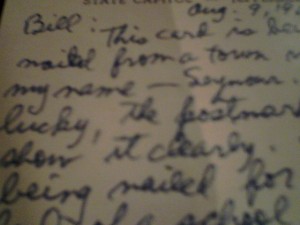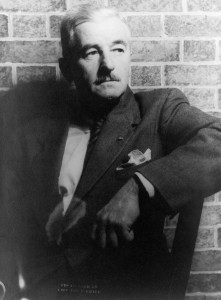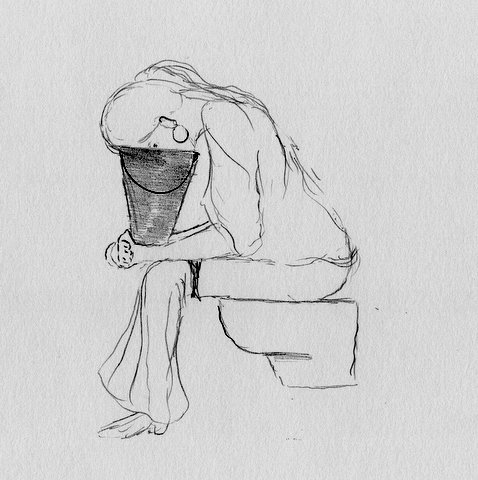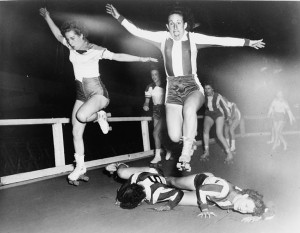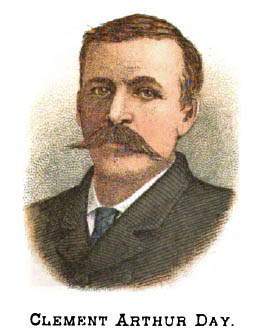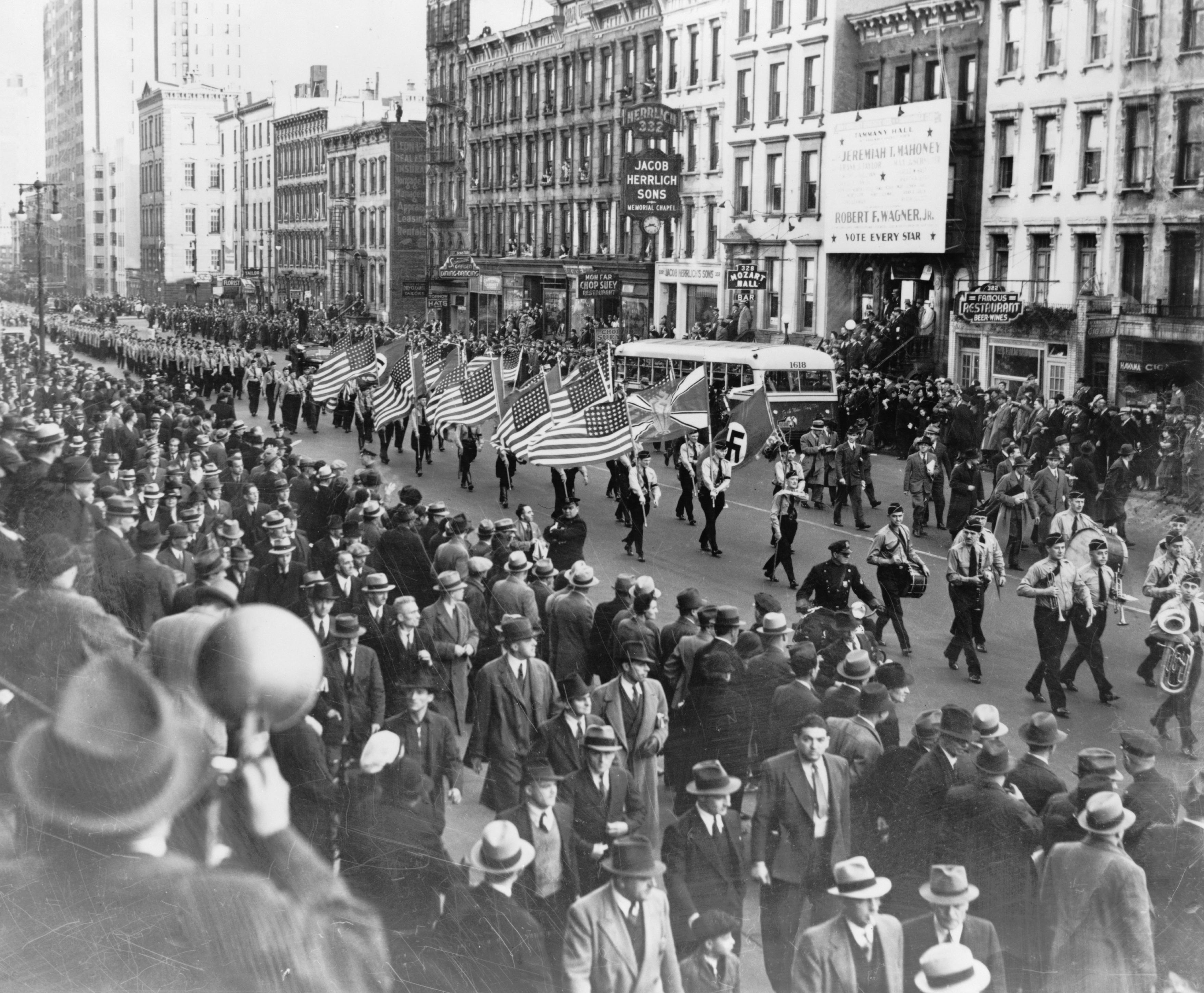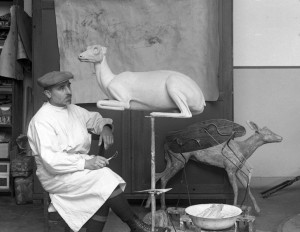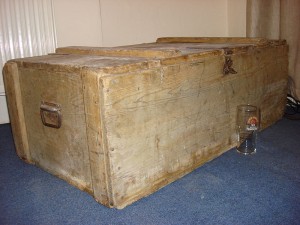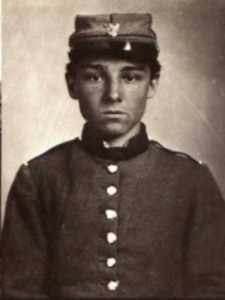
"At five o’clock yesterday afternoon, Bernard Duffy, a dissipated veteran soldier..."
New York City was a dangerous place in the years after the Civil War. Scoundrels were everywhere and it seemed that every other person was living under an alias–or several. Life was cheap and the bodies piled up. An account in the September 6, 1870 Brooklyn Daily Eagle explains how the War Between the States contributed belatedly to yet another casualty. Some descriptive words used in the first paragraph alone: dissipated, dilapidated, wretched, precarious, unfortunate and revolting. An excerpt:
“At five o’clock yesterday afternoon, Bernard Duffy, a dissipated veteran soldier, who resided in a small and dilapidated frame structure at No. 41 Little street, where his wife kept a wretched store, from the income of which she provided a precarious living for her unfortunate husband, self and several small children, was beaten to death in the most brutal and shocking manner by the husband of his sister, James Moody, a junkman, at the dwelling place of the latter, No. 43 Little street, under the most revolting circumstances, which, from investigations made by reporters of the Eagle, seem to be substantially as follows: During the late civil war, it is stated, the deceased entered the service of the United States as a private soldier, and upon enlistment, entrusted a portion of his bounty money to his then unmarried sister, now Mrs. Moody, for safe keeping, departing, himself, soon after for the front.
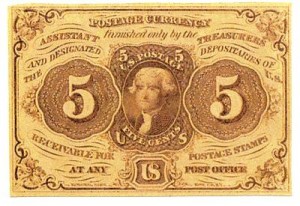
"Duffy after having several times vainly demanded his money from his sister, went to her house some time since and insisted on its payment."
Subsequently, the national struggle having ended, he received his discharge and returned to this city, where he again met his sister, who had, meanwhile, become the wife of Moody, who was reputed to be in comfortable pecuniary circumstances. Duffy, upon returning, also married and had become the father of three children. The two comparatively newly married couples subsequently took up their abodes in the above mentioned locality, and for a time lived in neighborly harmony. Finally, however, it seems Duffy after having several times vainly demanded his money from his sister, went to her house some time since and insisted on its payment, when, it is stated, she seized a club and drove him in the street, breaking one of his thumbs by the onslaught. The unfortunate soldier, who seems to have thereafter given himself to inebriety and to have been intoxicated at this time, then relinquished, for a time, the attempt to recover his money but, yesterday afternoon, goaded and crazed by poverty and liquor, he again visited the home of his sister and demanded his own, which was, as previously, refused, whereupon he became furious and abusive, and was peremptory in his demands. The sister, however, resolutely refused to comply with the demand, whereupon he loudly applied the most opprobrious epithets to her.
Meanwhile, Moody, who was chopping wood in the cellar of the building, heard the altercation and ascended to the apartment, where he found Duffy, according to the allegations of his sister, using the vilest language and threatening violence. Moody then remonstrated with his inebriate brother-in-law, who declined to listen, and refusing to leave the house when ordered, advanced to attack Moody, who seizing a club made a murderous assault upon Duffy, felling him to the floor with a terrible blow, followed by others of a frightful nature, after the victim had fallen. The head of the unfortunate Duffy was thus terribly mutilated, there being several deep gashes upon the forehead and also upon the back of the head, which seems to have been crushed by the formidable weapon, which was a jagged piece of oak between two and three feet in length, and very heavy.
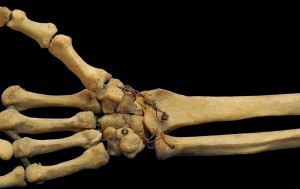
"She seized a club and drove him in the street, breaking one of his thumbs by the onslaught." (Inage by Brian C. Goss.)
During the assault the miserable victim groaned till beaten into a state of insensibility, and the sister, horrified at the brutal murder of her brother by her husband, screamed loudly for help, in response to which an excited crowd soon gathered, and upon learning of the atrocious deed, loudly clamored for the murderer, who, upon search being made, proved to have fled, and, for a time at least to have made good his escape. Attention was then directed to the wounded man, who lay in a pool of blood, horribly disfigured, motionless and scarcely breathing perceptibly. Upon removing the dying man to his own lowly home, Dr. Whitehead was summoned, but, upon examining the patient, he immediately pronounced his fearful wounds of a fatal nature. Every remedy known and medical skill available under the circumstances was applied for the relief of the rapidly sinking man, but without avail, and about two hours after the assault he expired.
Captain McConnell quickly repaired to the abode of death, which presented a truly heartrending scene. In the back part of the miserable apartment, about six feet by ten feet in dimensions, lay the lifeless form of the murdered man, stretched upon the floor, surrounded by the fatherless children and the wretched widow, crying in a piteous manner. The dingy room was but poorly lighted by an oil lamp, whose feeble rays only rendered the scene more sickening, and made the appearance of the poverty more striking.”


